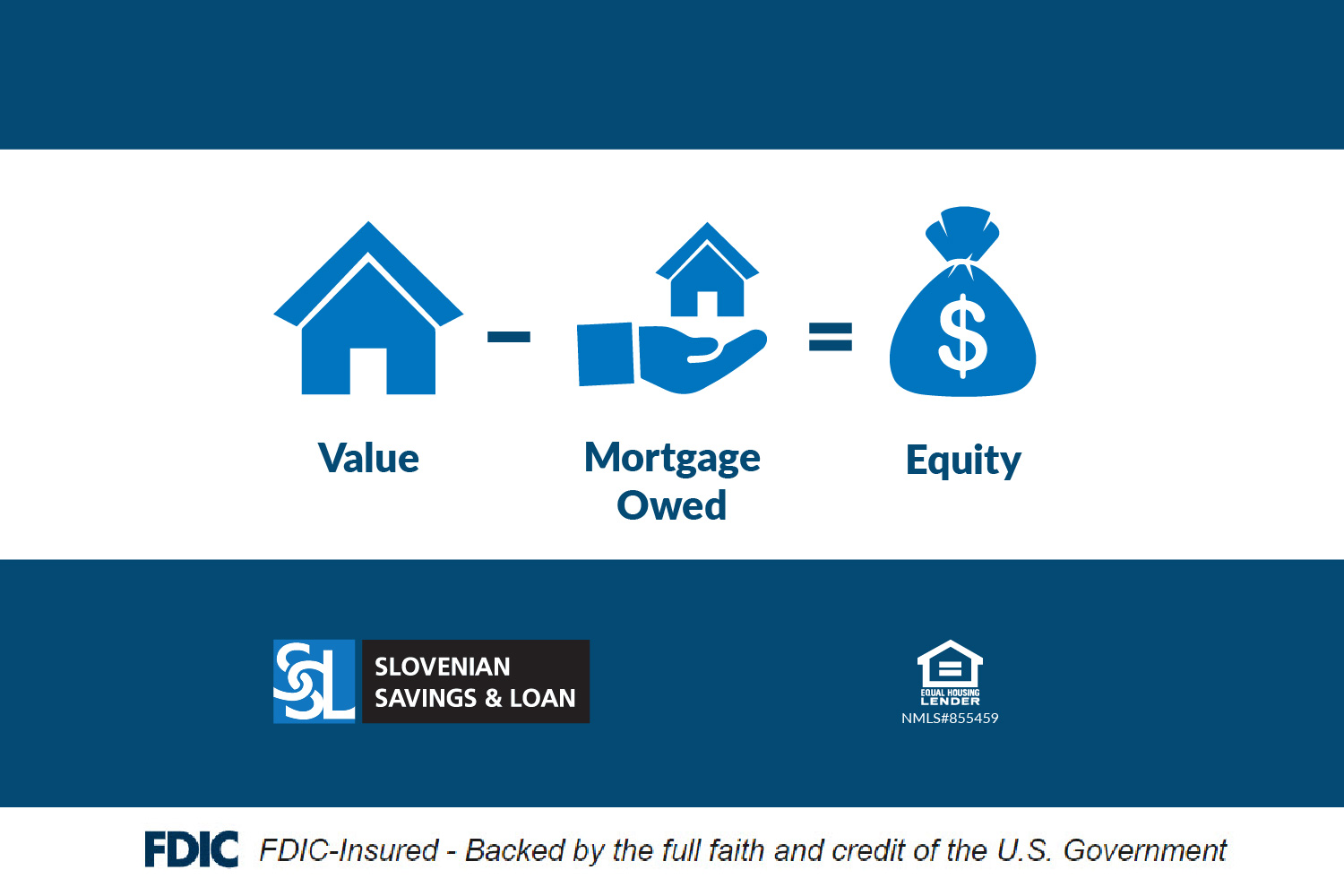Who Can Qualify for Equity Release Mortgages and Why
Who Can Qualify for Equity Release Mortgages and Why
Blog Article
Discovering the Various Kinds of Equity Release Mortgages Available Today
Equity Release mortgages existing various options for property owners aged 55 and over. equity release mortgages. These financial products provide to various demands and choices, enabling people to gain access to funds from their building. From lifetime home loans to shared admiration home mortgages, each type supplies distinct benefits. Recognizing these choices is essential for making educated decisions. What aspects should one consider when selecting the most appropriate equity Release strategy? The details that comply with might drop light on this crucial topic
Recognizing Equity Release Mortgages
Equity Release mortgages give homeowners, typically those aged 55 and over, with a method to access the worth bound in their building without needing to market it. This monetary choice allows individuals to convert a section of their home equity into cash, which can be used for different objectives, such as home renovations, paying off financial obligations, or financing retirement.Equity Release can take different forms, however it fundamentally includes loaning against the value of the home while keeping ownership. Homeowners can select to get a swelling sum or a collection of smaller payments, relying on their economic requirements and preferences.Additionally, the amount offered for Release is affected by the home's worth, the home owner's age, and certain lending institution requirements. In general, comprehending equity Release mortgages is necessary for homeowners to make educated choices about tapping right into their home's equity while thinking about the long-term effects.
Life time Mortgages
Lifetime home loans represent one of the most popular forms of equity Release. This monetary item allows homeowners, commonly aged 55 or older, to obtain versus the worth of their residential property while preserving ownership. The lending, which is secured versus the home, accumulates passion gradually but does not need regular monthly repayments. Instead, the funding and built up rate of interest are paid back when the property owner dies or moves right into long-lasting care.Lifetime mortgages supply adaptability, as consumers can choose to obtain a round figure or choose for a drawdown facility, accessing funds as needed. Importantly, several strategies come with a no-negative-equity warranty, ensuring that borrowers will never ever owe greater than the value of their home. This feature gives satisfaction, enabling people to enjoy their retirement without the fear of depleting their estate. Generally, lifetime mortgages offer as a viable option for those looking for financial backing in later life.
Home Reversion Plans

Drawdown Lifetime Mortgages
While numerous house owners seek ways to access their riches, drawdown life time home mortgages present a flexible choice that enables individuals to Release funds slowly. This kind of equity Release home mortgage allows home owners to borrow versus the worth of their residential property while retaining ownership. Unlike traditional lifetime home loans, drawdown strategies allow debtors to access a section of their equity upfront and withdraw extra funds as required, up to a predetermined limit.This feature can be specifically advantageous for those who desire to manage their funds carefully, as it minimizes interest accumulation by only billing passion on the quantities attracted. Furthermore, drawdown lifetime mortgages usually feature a "no adverse equity guarantee," ensuring that customers will certainly never ever owe even more than their home's worth. This choice matches retirees who prefer monetary safety and adaptability, permitting them to meet unexpected expenditures or preserve their way of life without having to sell their home.
Enhanced Lifetime Mortgages
Boosted Lifetime Home loans use unique advantages for qualified property owners seeking to Release equity from their homes. Recognizing the eligibility standards is necessary, as it identifies that can gain from these specialized car loans. However, it is likewise important to review the possible downsides related to enhanced choices, ensuring a well-shaped point of view on their usage.
Eligibility Standards Discussed
Comprehending the eligibility criteria for Boosted Lifetime Mortgages is vital for possible applicants seeking to access the equity in their homes. Commonly, applicants should be aged 55 or older, as this age demand is basic in the equity Release market. Home owners need to possess a residential property valued at a minimal threshold, which can differ by lending institution. Importantly, the residential property has to be their primary home and in great problem. Lenders frequently assess the house owner's wellness status, as certain wellness problems might boost qualification and advantages. In addition, candidates should not have existing significant debts safeguarded versus the home. Meeting these standards permits people to discover Enhanced Lifetime Mortgages as a viable option for accessing funds bound in their homes.
Advantages of Enhanced Home Loans
After making clear the eligibility requirements, it comes to be evident that Improved Life time Mortgages offer numerous significant advantages for homeowners aiming to utilize their building equity. Primarily, they provide access to a bigger lending amount contrasted to typical life time home mortgages, profiting those with health and wellness conditions or age-related aspects that raise their life expectancy threat. This improved loaning ability permits home owners to meet various economic requirements, such as home enhancements or retired life costs. In addition, these mortgages normally come with flexible repayment choices, enabling consumers to manage their finances better. The no-negative-equity assurance even more assures that house owners will never owe even more than their property's worth, giving assurance. Overall, Improved Lifetime Mortgages provide a compelling option for qualified house owners looking for financial solutions.
Possible Disadvantages Considered
While Enhanced Life time Home mortgages use various benefits, possible downsides warrant careful factor to consider. One significant worry is the effect on inheritance; the equity released decreases the value of the estate entrusted to beneficiaries. Additionally, these home mortgages can accrue considerable rate of interest over time, bring about a substantial financial obligation that may exceed the initial finance quantity. click There might additionally be limitations on residential or commercial property alterations or rental, restricting property owners' versatility. Enhanced items often require details health problems, meaning not all house owners will qualify. Taking care of the costs and costs linked with these home loans can be intricate, potentially leading to unanticipated prices. As an outcome, individuals must extensively assess their scenario and seek advice from monetary experts before proceeding.
Shared Recognition Mortgages
Shared Appreciation Home mortgages stand for a distinct monetary plan that allows home owners to access equity while sharing future property value enhances with the loan provider. This strategy offers possible benefits such as lowered regular monthly repayments, however it likewise comes with downsides that should be carefully taken into consideration. Understanding the qualification requirements is necessary for those curious about this alternative.
Principle Review
Equity Release home mortgages, especially in the kind of shared admiration home loans, supply home owners a distinct financial option that enables them to access funds by leveraging the worth of their residential property. In this arrangement, a lending institution supplies a financing to the homeowner, which is typically repaid via a share of the residential or commercial property's future admiration in worth. This indicates that when the property owner sells the residential or commercial property or dies, the lending institution receives a percentage of the enhanced worth, rather than just the preliminary financing amount. Shared recognition home loans can be appealing for those wanting to supplement their revenue or finance substantial costs while preserving possession of their home. Nonetheless, the financial implications of shared admiration need to be carefully taken into consideration by prospective debtors.
Downsides and benefits
Although common admiration home loans can offer significant financial advantages, they additionally come with notable drawbacks that potential debtors should think about. These home mortgages allow house owners to accessibility equity in their homes while sharing a part of any future admiration with the loan provider. This plan can be beneficial throughout times of increasing building worths, offering considerable funds without regular monthly settlements. The major downside is the possible loss of equity; homeowners may end up with considerably decreased inheritance for beneficiaries. Furthermore, the intricacy of the terms can cause misconceptions pertaining to settlement commitments and the percent of admiration owed. Consequently, it is essential for borrowers to weigh these factors carefully before devoting to a common recognition home loan.
Eligibility Demands
What criteria must property owners fulfill to receive a shared recognition home loan? Primarily, prospects need to be at the very least 55 years old, ensuring they are within the target market for equity Release items. Additionally, the home has to be their key residence and usually valued over a defined minimum limit, usually around ? 100,000. Lenders also evaluate the property owner's monetary conditions, consisting of revenue and arrearages, to determine they can handle the home loan properly. Significantly, the residential property has to remain in good condition and devoid of considerable legal encumbrances. House owners ought to additionally have a clear understanding of the terms, including how recognition will be shown the lending institution upon sale or transfer of the residential or commercial description property, as this influences general returns.
Choosing the Right Equity Release Alternative

Regularly Asked Concerns
What Age Do I Need to Be for Equity Release?
The age need for equity Release generally begins at 55 for the majority of plans. Nonetheless, some providers might use choices for those aged 60 and above, mirroring varying terms based upon private situations and lender plans.
Will Equity Release Impact My Inheritance?
Equity Release can affect inheritance, as the amount obtained plus rate of interest reduces the estate's worth. Heirs might get less than anticipated, depending upon the residential or commercial property's admiration and the overall debt at the time of passing.
Can I Relocate House With Equity Release?
The question of relocating house with equity Release emerges often. Typically, people can transfer their equity Release plan to a brand-new home, yet particular conditions may use, requiring appointment with the lender for advice.
Are There Charges Related To Equity Release Mortgages?
Costs connected with equity Release mortgages can consist of arrangement charges, evaluation charges, and legal prices. Additionally, there may be very early repayment fees, which can impact the total cost and monetary effects for the borrower.
How Does Equity Release Effect My Tax Obligation Scenario?
Equity Release can impact one's tax circumstance by possibly increasing taxed revenue, as released funds are considered funding. Nonetheless, it generally does not incur instant tax obligation obligations, making it necessary to consult a monetary consultant for tailored advice.
Final thought
In recap, the selection of equity Release home mortgages available today offers home owners aged 55 and over several paths to access their home's value - equity release mortgages. Whether going with a lifetime home loan, home reversion plan, or various other alternatives, each choice provides unique benefits tailored to individual financial demands. Mindful factor to consider and appointment with an economic consultant are necessary to guarantee the chosen equity Release remedy lines up with personal goals and economic conditions, inevitably assisting in informed decision-making for a protected economic future. Equity Release home loans present various alternatives for house owners aged 55 and over. Equity Release home loans offer property owners, commonly those aged 55 and over, with a method to access the value tied up in their building without requiring to sell it. Enhanced Life time Home loans provide distinctive benefits for eligible property owners seeking to Release equity from their homes. Equity Release mortgages, specifically in the type of shared recognition mortgages, provide property owners a special monetary option that allows them to accessibility funds by leveraging the value of their property. In recap, the range of equity Release mortgages offered today offers house owners aged 55 and over several pathways to access their property's value
Report this page